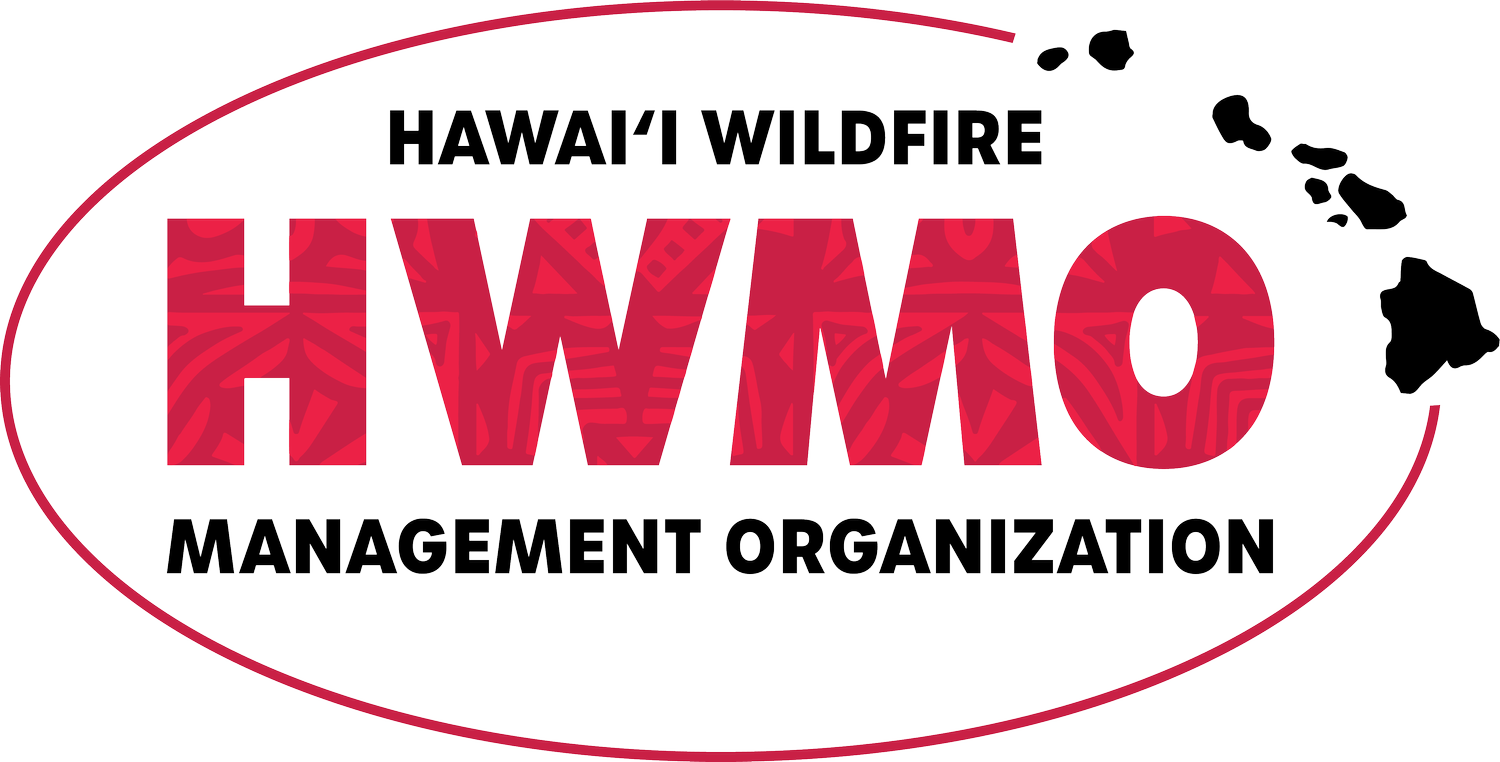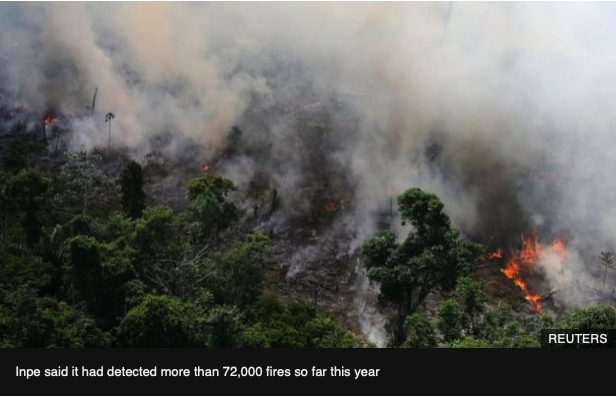As you may have heard, the Amazon is currently in the midst of multiple wildfires that has been burning for more than 2 weeks. The number of these massive trees act as a carbon “sink”, dramatically slowing global warming. The forest is the largest in the world, capturing gaseous carbon from the atmosphere, and transforming it into a solid state due to the Amazon’s amazing knack for photosynthesis.
As CNN describes, “(The Amazon) is considered vital in slowing global warming, and it is home to uncountable species of fauna and flora. Roughly half the size of the United States, it is the largest rainforest on the planet. The Amazon is often referred to as the planet's lungs, producing 20% of the oxygen in the Earth's atmosphere”
The conditions there are especially fire-prone due to several environmental, and socio-political factors. According to NOAA, this July has been the hottest on record, worldwide. This, as well as the fact that during brazil’s dry season, fires are deliberately started in efforts to illegally deforest land for cattle ranching - (BBC News). According to VOX News, The Amazon rainforest has experienced a record number of fires this year, with 72,843 reported so far. It’s an 84 percent increase over the number of wildfires at the same time last year.
Vox news points out that many areas across the world such as Siberia, the Canary Islands, Alaska, and Greenland have experienced a year of extreme wildfire, the most alarming are the wildfires in the Amazon rainforest, the world’s largest tropical forest. It’s an area with torrential rain that almost never burns on its own, yet the blazes have burned for more than two weeks, growing so intense that they sent smoke all the way to São Paulo, Brazil’s largest city.
Read more on the wildfire situation in the Amazon Rainforest here:
https://www.bbc.com/news/world-latin-america-49415973
https://www.vox.com/world/2019/8/20/20813786/wildfire-amazon-rainforest-brazil-siberia
https://www.cnn.com/2019/08/21/americas/amazon-rainforest-fire-intl-hnk-trnd/index.html






